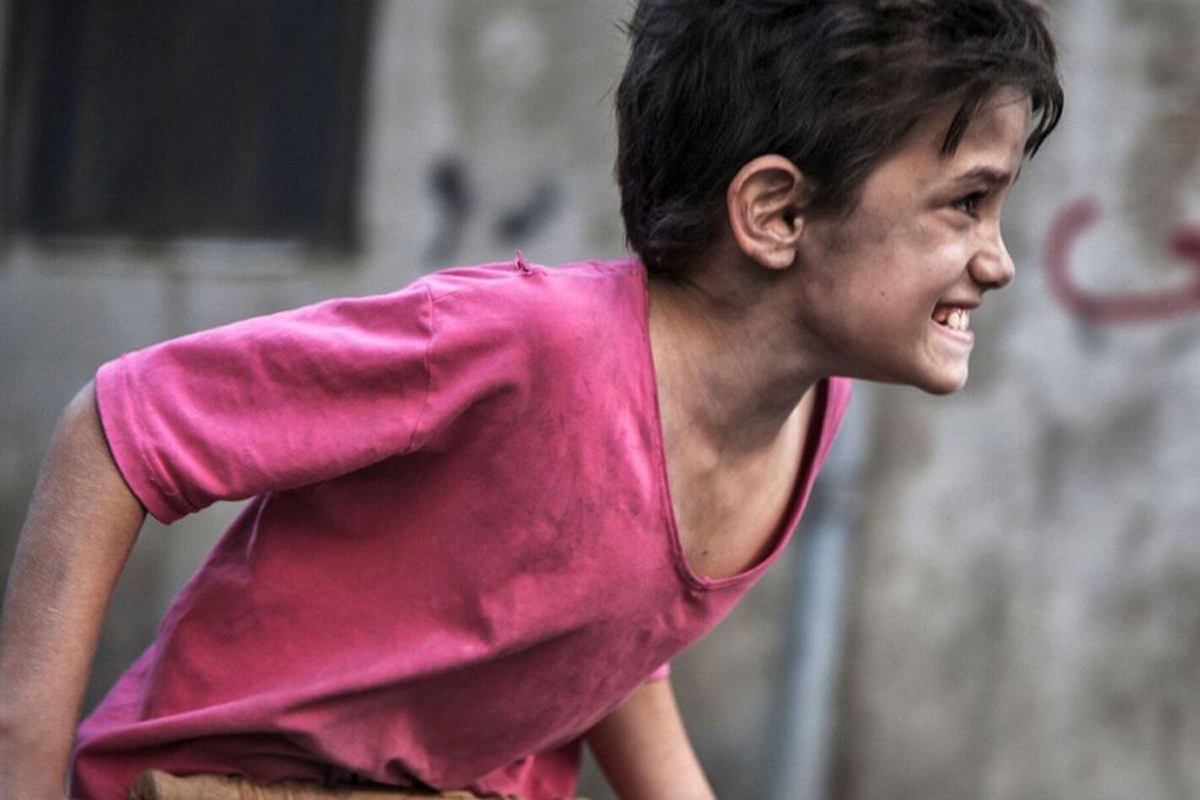
- Golden Globe Awards
Capernaum (Lebanon)
Capernaum follows 12-year-old Zain who is imprisoned in Beirut’s Roumieh prison for stabbing a man. He is back in court after suing his own parents for allowing him to be born into a life of deprivation and abuse. As the trial goes on, we see in flashbacks the events which lead up to the stabbing, as he hustles and tries to help provide for his family, who lives in poverty – and without papers – in a rundown apartment in the slums of Beirut. It is not a pretty picture of Beirut and the system that is supposed to take care of its people. “When you live in this part of the world, being a filmmaker becomes a mission,” says director Nadine Labaki. “It becomes your tool to express your points of view to change things. You feel this responsibility as an artist. For me personally, making a film is not just another film, for me really. It’s a war. It’s a mission. You feel like you have this responsibility as an artist to really change something.”When the family decides to marry Zain’s sister, barely 11, to a local man, he tries to prevent it. When he fails and she dies, he runs away from home to start a new life with an Ethiopian woman he meets. She also lives without papers in a Beirut shantytown and struggles to provide for her infant son, whom the young boy starts taking care of while she works to provide for them. “I think when you truly humanize the problems through a work of art or through a film and you really put a face on a struggle, it changes your perspective. You can’t help but empathize with that person that you’re seeing in front of you with their own struggles, with their own feelings, with their own emotions.”The film gives a gripping insight into the lives of so many children, who have to hustle in the street and live dangerous lives where they are abused and mistreated and have responsibilities of survival from a very early age. When Zain ends up suing his parents for being born and gives them the advice not to have any more children, it is because he feels that their lives are not worth living. Labaki also plays Zain’s defense lawyer in this case.“When I was doing the research, I was playing the role of a lawyer, because I was investigating. I was all the time speaking to judges, to lawyers, being very angry and going to different organizations that deal with children’s rights and pleading the whole time and really talking about those issues that I wanted to talk about it in the film and a very passionate way. So I felt close to that character.”Nadine Labaki, who is also an actress, is best known for directing Caramel and Where Do We Go Now?. She lives in Beirut.

